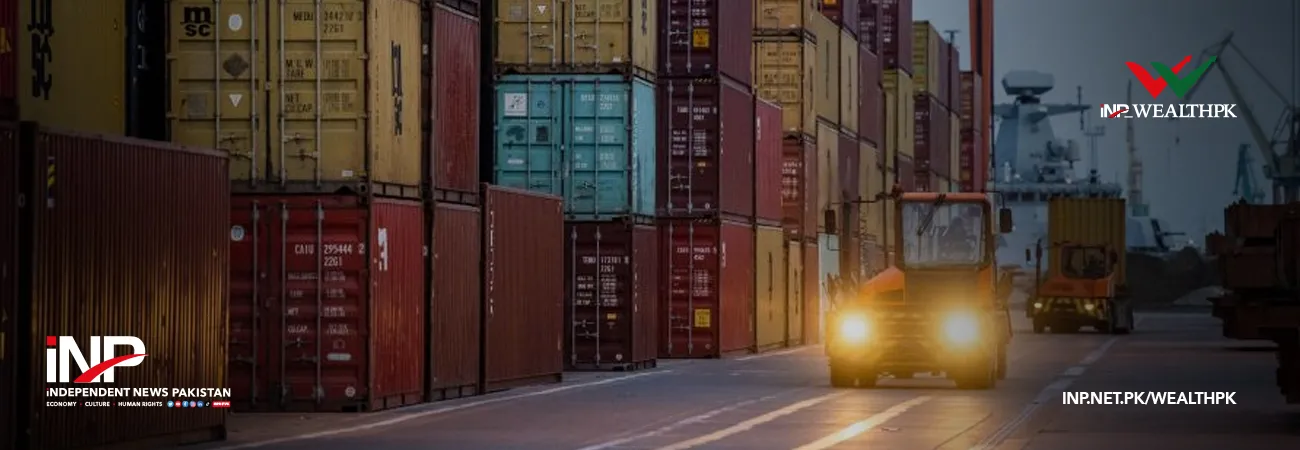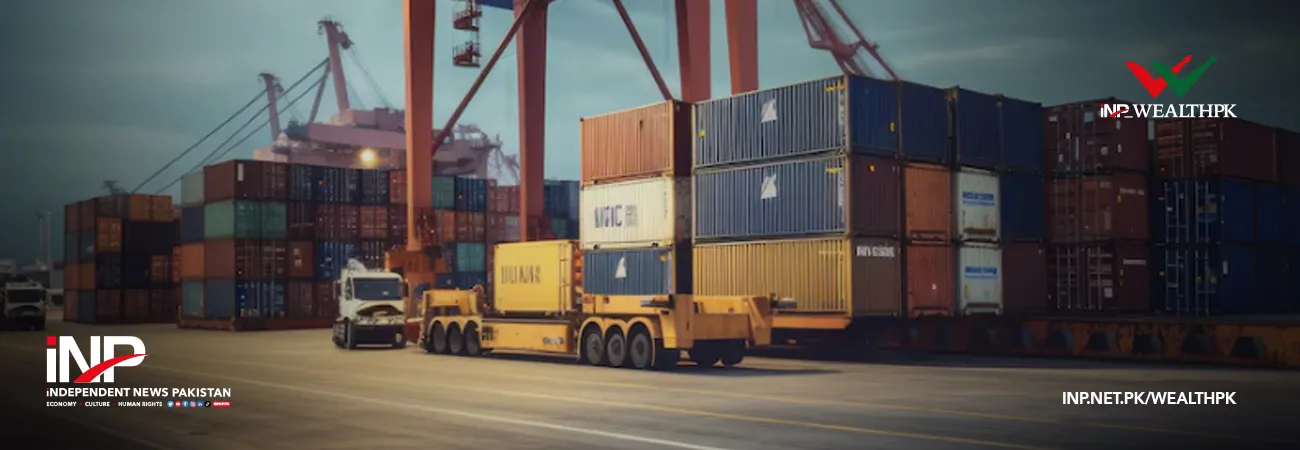آئی این پی ویلتھ پی کے
Ayesha Saba
Revitalizing Pakistan’s real estate sector requires deep structural reforms, modern zoning laws, stronger legal protections, digital land records, and investor confidence measures. With the right policies, this sector can become a powerful engine of economic growth.

Talking with WealthPK, Hassam Ali, Real Estate Expert at All Pakistan Real Estate Association, argued that this sector, which significantly contributes to economic growth by stimulating demand in over 40 allied industries, including cement, steel, bricks, and furniture, has not yet reached its full potential. Absence of coherent zoning regulations, poor urban planning, and wavering investor confidence are among the main barriers preventing the sector from playing a transformative role in Pakistan’s economy, he maintained.
He further highlighted that Pakistan’s zoning laws are either outdated or inconsistently enforced across cities. In metropolitan areas like Karachi, Lahore, and Islamabad, overlapping jurisdictions and unclear land-use guidelines have resulted in irregular developments and rampant illegal construction. Hassam stressed that well-defined zoning laws are the foundation for sustainable urban expansion and equitable land pricing.
Without proper zoning, investors remain hesitant, fearing legal ambiguities and development bottlenecks. Investor confidence, an essential pillar for sustainable real estate development, has steadily declined. This is especially concerning given that the sector has historically attracted significant foreign investment. Over the past decade, Pakistan welcomed several international real estate ventures and infrastructure partnerships. However, this momentum has stalled, he said.
According to recent data from the State Bank of Pakistan, foreign direct investment (FDI) plunged by 45 percent year-on-year in February, reaching only $95 million. Experts attribute this decline to erratic policy shifts, poor dispute resolution mechanisms, lack of digital land records, and inadequate legal safeguards for investors.
Talking with WealthPK, real estate investment consultant Amaar Rizvi explained, “Real estate is a long-term game that thrives on transparency and predictability. Unfortunately, the sudden changes in tax laws, ad-hoc regularization schemes, and weak enforcement have scared off both the local and foreign players.” He also stressed the urgent need for digitizing land records, which would not only reduce fraud and disputes but also create a traceable and investor-friendly environment.
Furthermore, Pakistan faces a shortfall of over 10 million housing units — a crisis that could be addressed by shifting from speculative land trading to affordable and vertical housing developments. He noted, “We continue to build luxury plazas while ignoring the demand for low-income housing. What we need are climate-resilient, inclusive masterplans that meet the real demographic needs.”
To overcome the housing deficit, we need to build affordable and high-density housing, particularly in urban and peri-urban areas. Introducing public-private partnership models, offering subsidized financing for low-income housing, and integrating climate resilience into urban planning are key steps toward ensuring that this sector not only grows but also becomes socially inclusive and economically transformative.
Credit: INP-WealthPk












